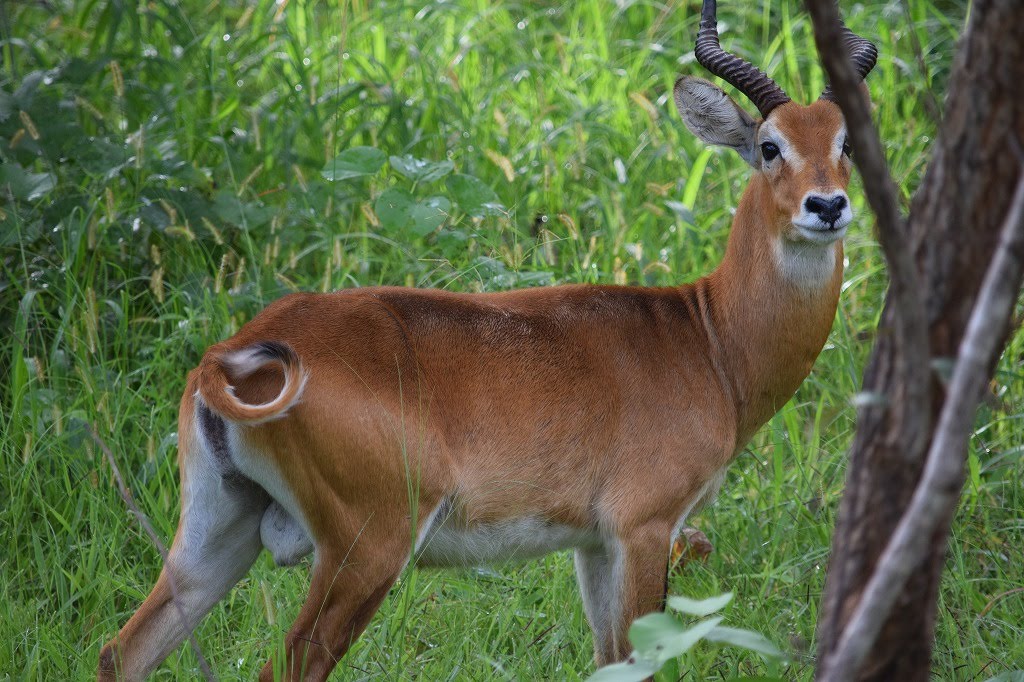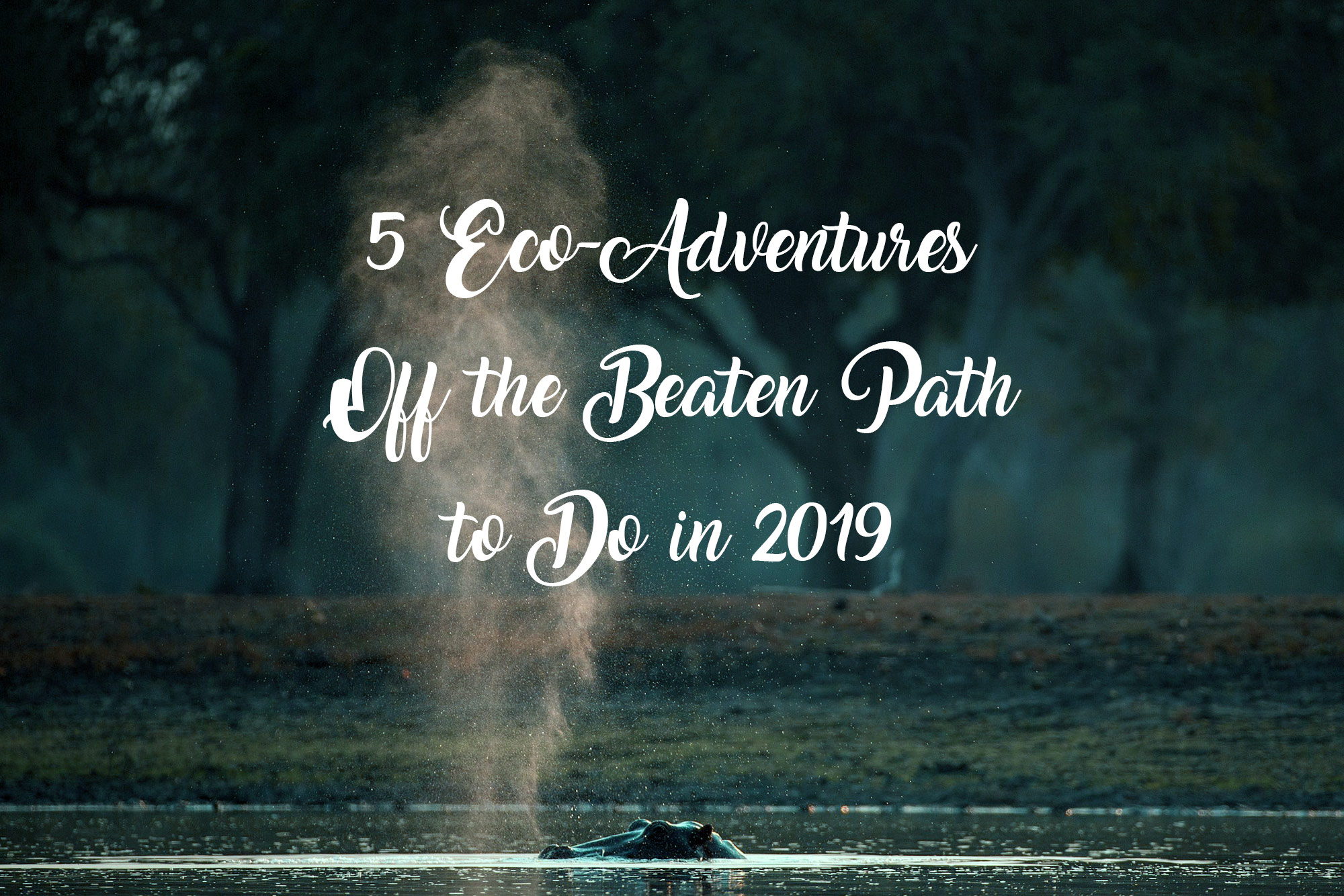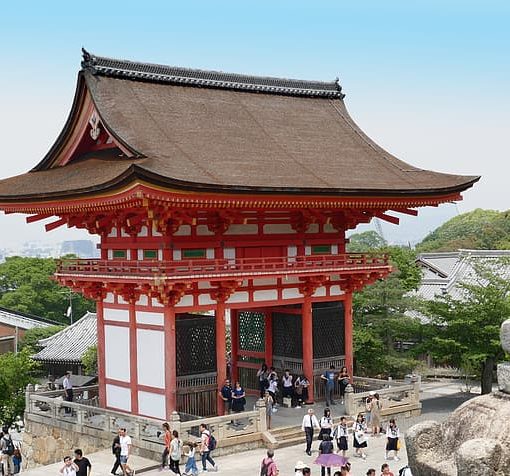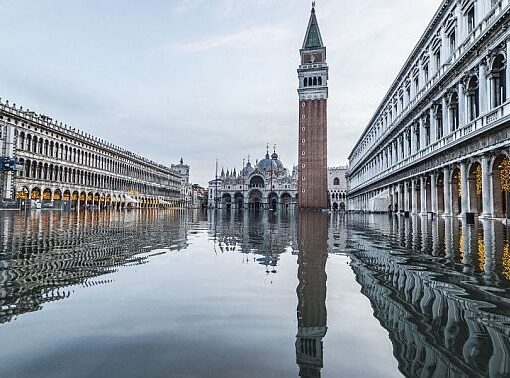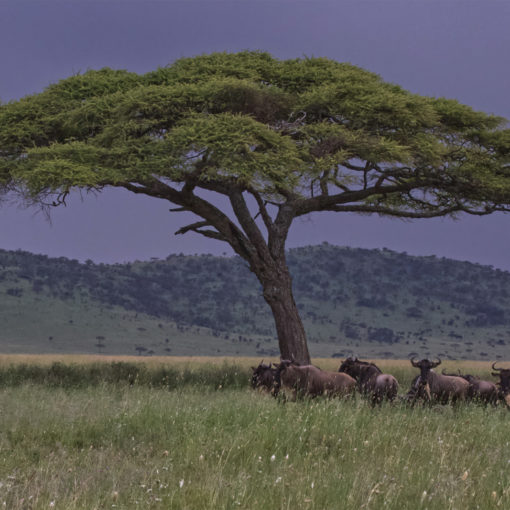Share This Article
“Mother Earth is in intensive care”
This was a telling statement by Hitesh Mehta, one of the panelists for Wayaj’s Climate Week Responsible Travel Makers series. The three sessions during Climate Week New York 2020 addressed the issues of climate change in relation to travel and tourism. Each of the three discussions are available on the Wayaj YouTube channel and here is a summary of each one.

Day One: Climate change and tourism
The introduction to Climate Week NYC 2020 was led by Jeremy Smith, co-founder of Tourism Declares a Climate Emergency, author of Transforming Travel and Editor of travindy.com. He was joined by Logan Cohen and Nikki Mattei, the Wayaj sustainability team.
Jeremy was in no doubt that tourism has been greatly and adversely affected by climate change. Particularly in parts of the world where they rely heavily on tourism economically. Conversely, tourism is a part of the problem too with the carbon footprint of flying being high on the list of contributory factors.
- The potentially devastating effects of natural disasters
- The speed of human-driven climate change
- The areas of the world at most imminent risk from climate change
- Protecting those areas with the right balance between tourism and self-preservation
- How can tourism fit meaningfully into a world of climate migrants and coronavirus fears?
- Who will catalyze change: travelers, airlines, hotelier.
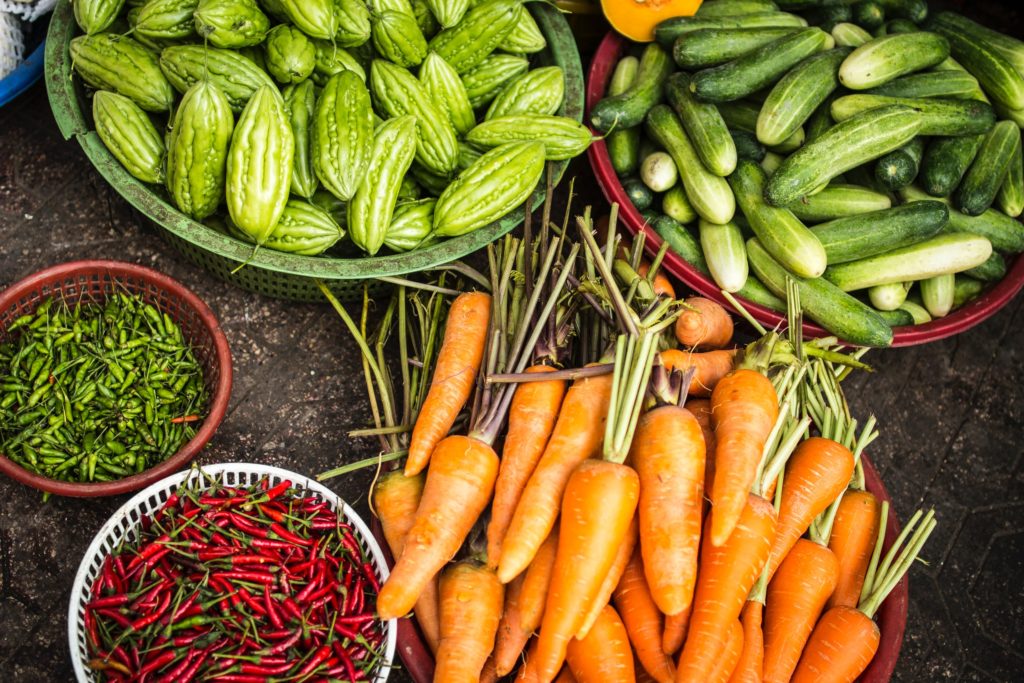
Day Two Climate Change and Social Justice.
It is an ironic dichotomy that the areas most affected by climate change are also the areas where tourism is such a vital part of their economy. They have the most to lose from the devastating and growing effects of global warming.
For this discussion Wayaj’s Logan Cohen was joined by Daphne Ewing-Chow Senior contributor at Forbes specialized in Caribbean tourism and food and sustainability as well as
Gabriel Minas Amaya who works with the Añangu Kichwa Community and has helped develop the Napo Wildlife Center Ecolodge in Ecuador.
During this session, you will hear from Daphne about tourism and sustainability in the Caribbean and how the luxury market is changing. Gabriel explains how ecotourism is actually having a positive effect in this part of the Amazon. Here are some of the highlights:
- Certain places have a low impact on a global level but per capita, they can be really high like the Caribbean islands
- Just because a country is small and subsequently has a low carbon footprint does not mean that there is no need to do anything on a personal level
- The perception of luxury is changing – it’s not just about immaculate golf courses and designer shopping – being involved in the local community and authentic experiences are now in vogue
- Humans are part of the ecosystem and not the rulers. We must show more respect for wildlife and its vital contribution to the world
- Ecotourism is actually helping to revive some indigenous skills.
Day Three: Tourism for the environment: what tourism operators are doing to protect the habitats that host them
Responsible tourism has been in existence for many years but now it can be center stage in the face of the climate crisis. Tourism operators and hoteliers can play a significant role in protecting the habitats and wildlife around them.
For this discussion, Wayaj’s Logan Cohen was joined by two experts in the field of ecotourism. Firstly, Hitesh Mehta, a Protected Area Planner, Landscape Architect, Architect and Interior Architect, recognised as one of the world’s leading authorities on sustainable tourism/ecotourism physical planning. As well as Sarah Boeckmann from Great Plains Conservation, a sustainable safari company based in South Africa.
The discussion focused on the key areas that tour operators and hoteliers can be proactively involved in protecting habitats and wildlife. Here is a preview of the topics covered:
- Creating buffers of land around national parks to allow for human expansion
- The 7 visible effects of climate change affecting wildlife
- Rates of extinction accelerated by humans as no time for adaptation
- How money from ecotourism is helping conservation
- The species which are most important for conservation?
- The innovations which are creating hope for the future?
- Ironically Covid has helped in some ways
- Everyone must play their part to save the planet.

For more information about our upcoming webinar programme, check out this page
This October 21st will be the next in the series where we feature two of our member hotels or resorts that have an exceptional sustainability program. Don’t miss this one featuring Bayah Reserve, Indonesia and Six Senses Zighy Bay, Oman


